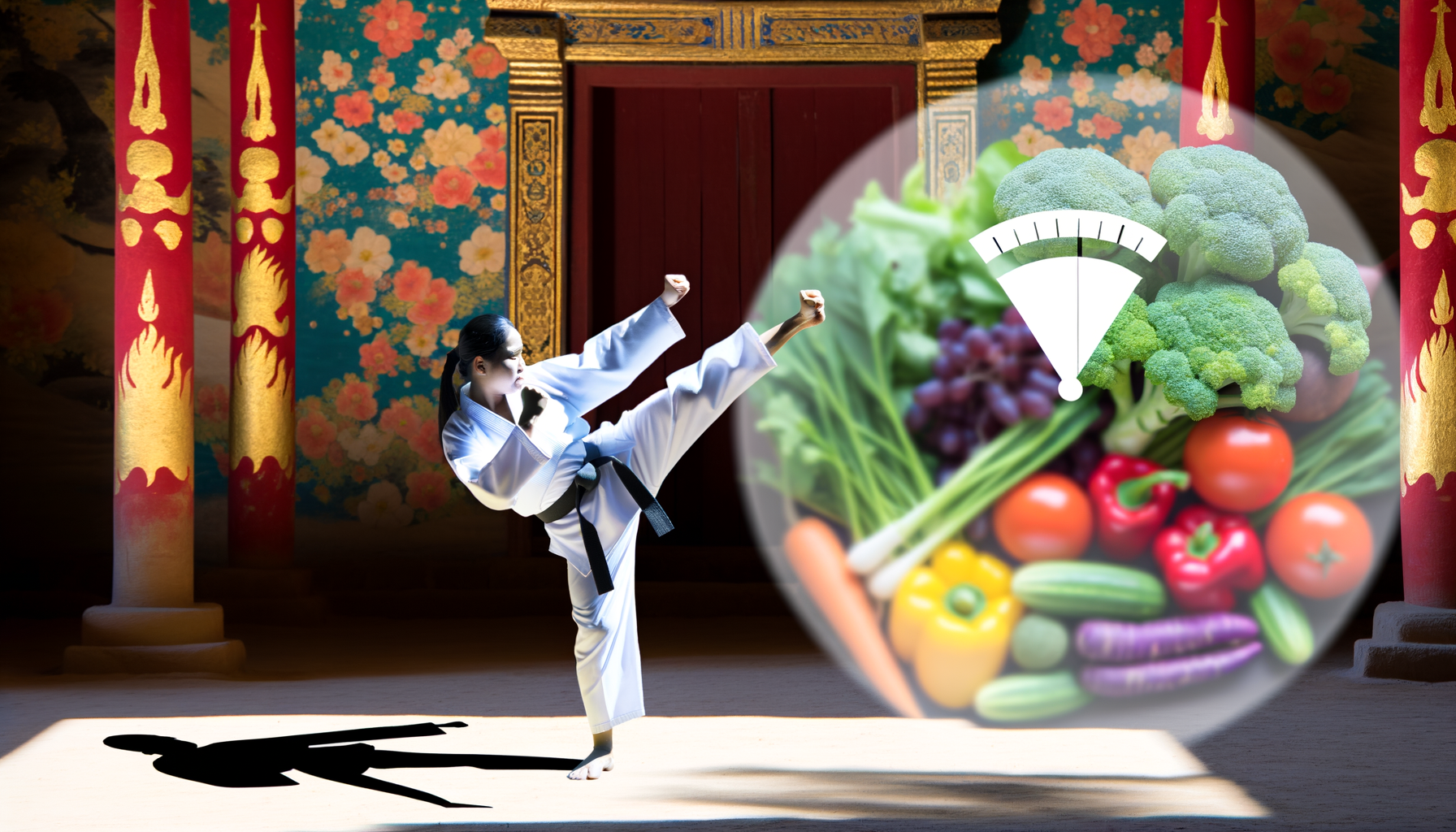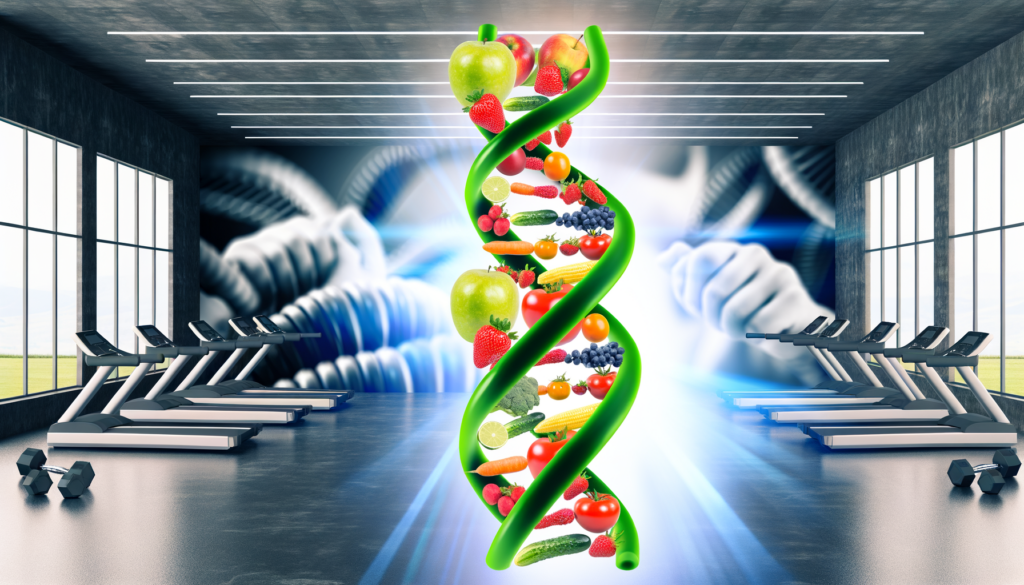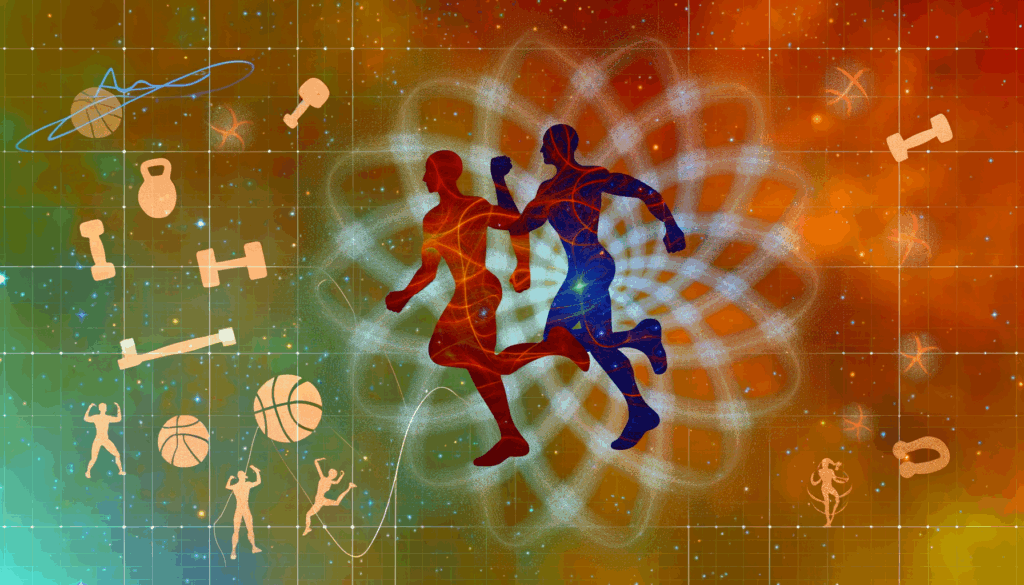Understanding the Complexities of Calorie Tracking for Martial Artists
For martial artists, maintaining a balanced diet is crucial for optimal performance, recovery, and overall health. The traditional diets often associated with martial arts can sometimes conflict with modern nutritional guidelines, making it challenging to navigate the best approach. In this article, we will delve into the world of martial arts nutrition, exploring how to balance traditional practices with modern nutritional science.
The Importance of Macronutrients in Martial Arts Nutrition
Macronutrients—protein, carbohydrates, and fats—are the foundation of any nutritional plan. For martial artists, each of these macronutrients plays a distinct role in performance and recovery.
Protein is essential for building and repairing muscle tissue, which is particularly important for martial artists who engage in intense physical training. The USDA recommends that active individuals consume at least 65 grams of protein per day, but for those involved in martial arts, this number can be significantly higher, often in the range of 120 grams or more, depending on the intensity and frequency of training.
Carbohydrates are often misunderstood but are vital for energy production. They should make up 45-65% of the total daily calorie intake, according to the USDA. Carbohydrates are converted into glucose and stored as glycogen, which is a critical energy source during intense martial arts training. It is important to focus on complex carbohydrates rather than simple sugars to maintain stable blood sugar levels.
Fats are also crucial, as they are involved in hormone production and provide energy. Healthy fats such as those found in olive oil, avocados, and lean meats should be preferred over saturated and trans fats. A balanced diet that includes the right types of fats can help in maintaining optimal hormone levels and overall health.
Calorie Intake and Energy Balance
The energy balance equation—calories in minus calories out—determines weight loss or gain. However, this equation is not as simple as it seems. The quality of calories and the timing of nutrient intake can significantly impact the body’s response. For example, a diet rich in protein and healthy fats can lead to higher satiety and a higher metabolic rate, even at lower calorie intakes.
Martial artists need to ensure they are consuming enough calories to support their energy needs. The calorie requirements can vary widely depending on the type and intensity of the martial art, as well as the individual’s weight and activity level. For instance, practicing martial arts can burn between 455-883 calories per hour for a 180-pound individual, depending on the pace and type of activity.
Using Calorie Calculators for Precision
To accurately track calorie intake and expenditure, using a calorie calculator can be highly beneficial. Tools like the Calorie Calculator Cloud allow martial artists to input their specific details, including weight, activity level, and dietary goals, to get a personalized calorie plan. This can help in ensuring that the calorie intake is aligned with the energy expenditure, thereby supporting optimal performance and recovery.
Combining Diet with Training for Optimal Results
Diet alone is not enough; it must be combined with an effective training regimen to achieve optimal results. Martial arts training involves not only physical exercise but also mental and emotional discipline. The Excess Post Exercise Oxygen Consumption (EPOC) effect, which increases metabolic rate after intense exercise, is particularly relevant for martial artists. This means that the body continues to burn more calories after the training session is over, which can be leveraged by timing nutrient intake appropriately.
Case Studies and Real-World Examples
Real-world examples illustrate the effectiveness of balanced nutrition in martial arts. For instance, a martial artist who incorporates a 16-hour fasting regimen with a balanced diet rich in protein and healthy fats can achieve significant weight loss and improved body composition. This approach, combined with regular training, can help in preserving lean muscle mass while reducing body fat percentage.
Cultural Diets and Modern Nutrition
Traditional martial arts often come with cultural dietary practices that may not align with modern nutritional guidelines. However, it is possible to blend these traditions with modern science. For example, incorporating traditional foods that are rich in nutrients while ensuring the macronutrient balance meets modern standards can be a viable approach. This blend can help in maintaining cultural heritage while optimizing performance and health.
Supplementation and Nutrient Timing
Supplements can play a role in supporting a martial artist’s diet, especially when it comes to ensuring adequate intake of essential nutrients. Supplements like omega-3 fatty acids, biotin, vitamin D, and magnesium can be beneficial, but it is crucial to ensure that these supplements are necessary and not replacing a balanced diet. Nutrient timing is also important; consuming the right nutrients at the right time can enhance performance and recovery.
Conclusion and Practical Advice
In conclusion, calorie tracking for martial artists involves a nuanced understanding of macronutrients, calorie intake, and the integration of diet with training. By using tools like the Calorie Calculator Plans, martial artists can tailor their nutritional plans to their specific needs. Here are some practical tips to get you started:
- Ensure a balanced intake of protein, carbohydrates, and healthy fats.
- Use calorie calculators to estimate your energy needs based on your weight and activity level.
- Combine diet with an effective training regimen to leverage the EPOC effect.
- Consider supplementation but ensure it complements a balanced diet.
- Timing of nutrient intake is crucial; consume nutrients that support your training and recovery needs.
By balancing traditional practices with modern nutritional science, martial artists can optimize their performance, enhance their recovery, and maintain overall health. Whether you are a seasoned practitioner or just starting out, a well-planned nutritional strategy is key to achieving your goals in the martial arts.
If you’re looking to refine your nutritional plan, consider using the Calorie Calculator Cloud to get personalized recommendations. This tool can help you navigate the complexities of calorie tracking and ensure you are fueling your body for peak performance.








